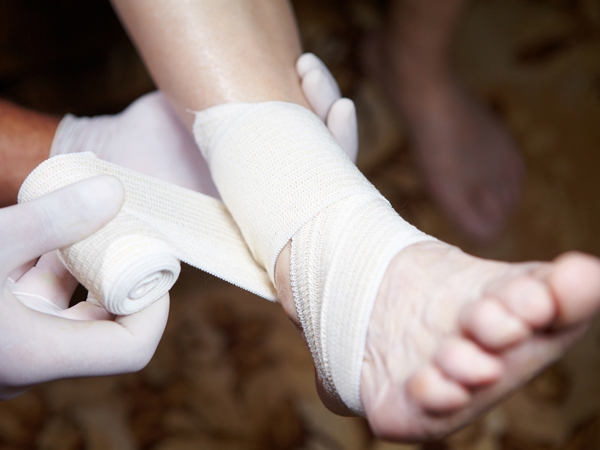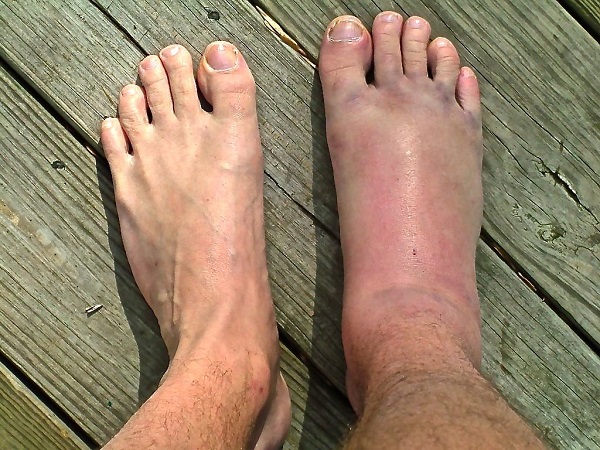
06 May Best Remedies To Sooth Sprains
Sprains come in all forms and intensities. The treatment best suited to each depends on the kind of relief required.
There are many treatments for sprains, but none that work for everybody. Each treatment, whether it is foam, gel or ointment, has its specific characteristics, making it more suited to a particular form of injury.
We give you a quick lowdown on your treatment options for sprains:
Sprays
Sprays are ideal for quick relief. Delivering a blow of highly pressurized menthol causes a numbing down of the nerve endings at the point of application, resulting in instant relief. People also prefer its non-runny nature, when compared to creams and ointments.

Keep it tight
Ointments
Ointments, which contain capsaicin, work by causing localised irritation, which increases blood flow to the area, leading to pain relief. The other variety of ointments utilise the same pressurised menthol formula as the sprays to provide pain relief. However, these methods only work on dull, persistent pain.
Creams

Gentle rub-a-dub
Recommended for arthritic pain, creams are only good for short term relief though. Most creams include counterirritants, which trick the brain with an alternate irritation. Some of the others, which include capsaicin, work by deadening the nerve endings at the point of injury.
Gels
Gels are far more effective than either creams or ointments. But the ones that contain alcohol do pose a risk, as they could dry your skin out. Gel usually also contain a mixture of menthol and capsaicin. While the menthol provides a cool touch to the injury, the heat from capsaicin helps mitigate the pain for up to 8 hours.

What sprain hell looks like
Each of these treatments can help cure your sprain. There are also several things people should avoid doing to sprained body parts – including massaging it, moving it about too much or even sleeping with ice pack wrapped all over it. These steps can be severely counterproductive and can leave you more injured than you were to begin with.

Sorry, the comment form is closed at this time.